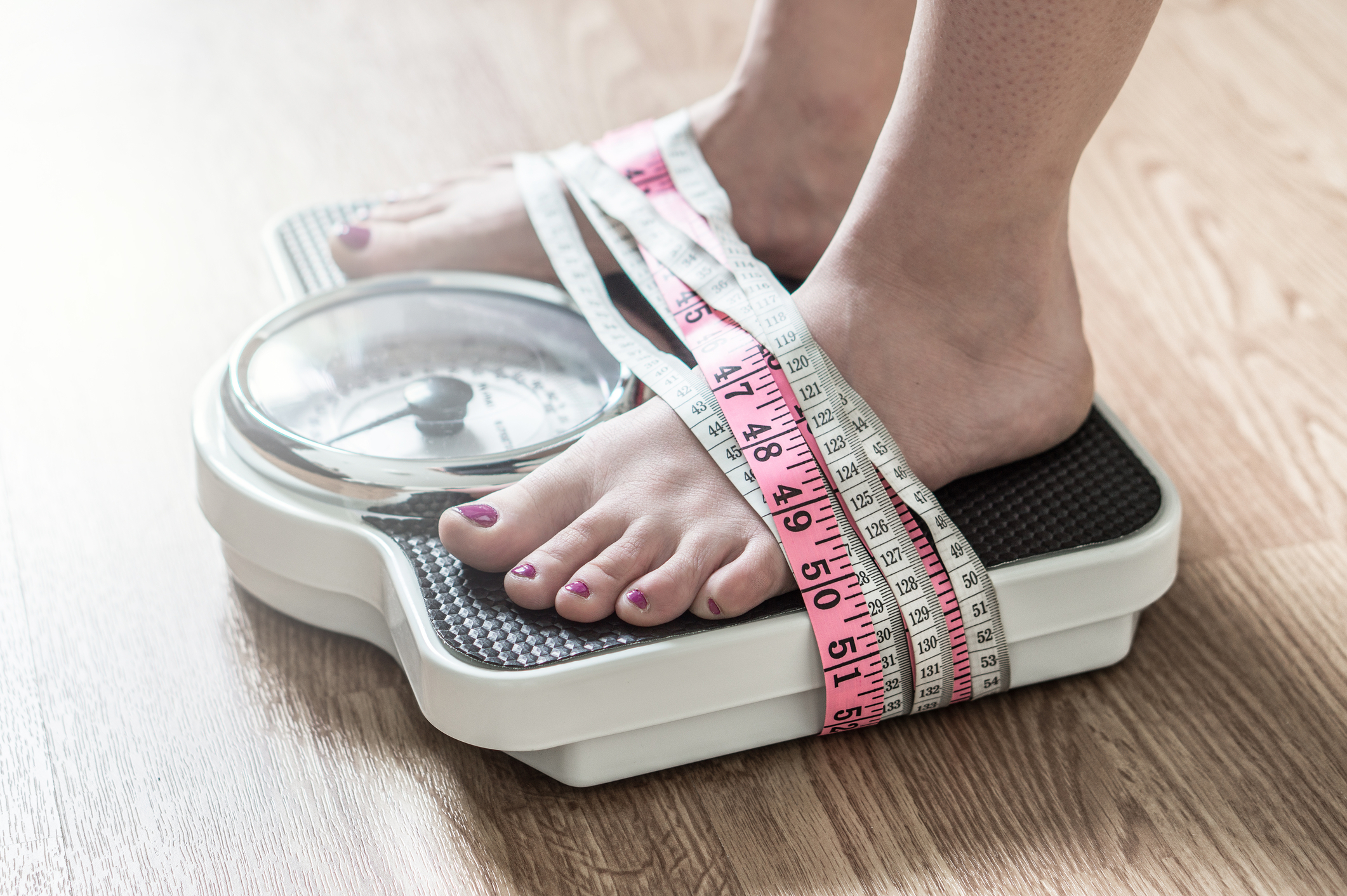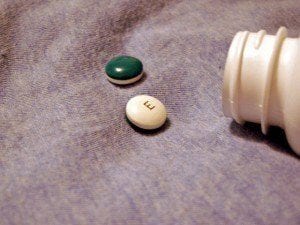
Accepting your changing body after eating disorder treatment or while you’re on your recovery journey can be arduous at times. But it’s important to remind ourselves of our body’s unique beauty and what it allows us to do.
I’ve been battling anorexia since I was 15. I’m now 21 and have learned a multitude of strategies, coping skills, and life lessons that have steered me in a better direction. I still have plenty of moments when I struggle, and that’s more than acceptable. But it’s important to remind myself of these helpful hacks right as the moment of struggle has been initiated.
So, without further ado, let’s dig into the 11 tips I’ve compiled that have helped me to accept my body during my own eating disorder recovery journey.
Appreciate all of the amazing functions your body can provide you
Celebrate the gift that your body is. You can laugh, walk, talk, sing, hug, kiss, watch TV, watch all of Zoe Rebekah’s recent videos, breathe, listen to your favorite music, and do plenty of other things because your body allows you to. Respect your body and all it does for you.
Try to view yourself as a full human being
Try not to examine specific body parts or physical characteristics of yourself too closely when you see yourself in the mirror or in your mind. You are so much more than the particular physical traits you happen to have.
Try to compliment yourself with at least 5 qualities you love about yourself that aren’t related to physical appearance
Write this list, read this list regularly, and add to this list when you think of even more admirable qualities about yourself.
True beauty isn’t skin-deep. Remind yourself of that regularly
True beauty shines from within. It doesn’t matter how you’re dressed, what you look like, what your weight is, what your hair looks like, what color your eyes are, whatever–if you’re a kind, honest, compassionate, empathetic, good person, that is what makes you beautiful. When you love and accept yourself for your unique, wonderful qualities, you’re able to carry yourself with this sense of openness and confidence that only adds to your beauty. Develop your identity outside of your disorder or appearance. Whatever you’re passionate about, develop those aspects of yourself. Lean into the adventure of self-discovery!
Use the time and energy that you might spend worrying about food, calories, your body, and your weight to help others
You can find a place in helping others in a way you feel passionate about. For me, it’s making YouTube videos and writing about important issues. This can help you feel better about yourself and can make a positive impact on others simultaneously.
Maintain social media boundaries
Remind yourself that not everything you see on social media is real or genuine. Set limits for your social media usage. Trust me, even though I use social media for work, I still set boundaries for myself for the sake of my mental health. Unfollow accounts that encourage unhealthy choices, body shame, or perfectionism. You don’t need that in your life or in your recovery journey.
Surround yourself with positive people
Surround yourself with people who lift you up, encourage you, motivate you, and cut those bitches who bring you down and never prioritize you. Accepting and loving your body becomes effortless when you’re surrounded by people who accept and love you and understand the significance of loving and accepting you as you naturally are.
Try to shift your perspective
When negative thoughts overcome your brain, try to respond with simple self-affirmations, like “I accept my body,” “I am beautiful,” “I am successful,” “I am grateful for all my body can do for me,” “This feeling is temporary,” etc. Whatever works for you, self-affirmations are actually very beneficial.
Stop weighing yourself and body-checking
An important part of recovery is to limit body checking and weighing yourself as much as possible.
Remember why you decided to take that step toward recovery
Write a list of all the reasons why you want to recover. To feel more fulfilled, happier, more stable, more confident, to improve your physical strength, to have more fun, whatever it is will depend on the specific person. Refer to this list in moments when you start to slip a little.
Get rid of old or “aspirational” clothing
If you were underweight and you gained weight after recovery, as you should, you now have an opportunity to get some new clothes. You have to get rid of clothing that you don’t fit into anymore. Keeping it around is very unhealthy and can be very triggering. It’s important to accept and embrace this change for the better.
Even if you’re not in a place of feeling positive about your body, which is okay, it’s important to take these steps and work toward merely accepting your beautiful body. All in all, do what is in your best interest. Prioritize yourself because nobody else is going to do that for you.
SEE ALSO: Mastering College Studies with ADHD















